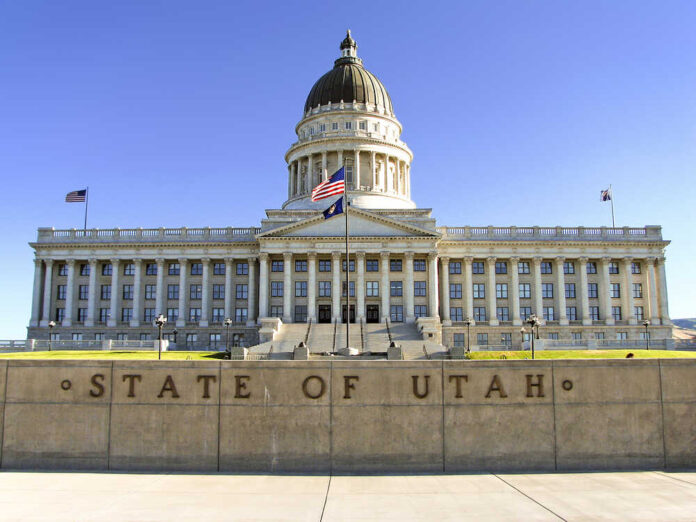
Utah is considering legislation implementing ranked-choice voting (RCV) for state and federal primary elections, despite disastrous outcomes in Alaska, Maine, and several municipalities using the system. House Bill 205 passed the Utah House of Representatives on February 17 and now awaits a vote in the Senate.
If passed, the legislation would allow local jurisdictions to switch from traditional elections to an RCV system, in which voters rank up to five candidates in order of preference. If no candidate wins more than 50% of the vote in the first round of tabulation, an “instant runoff” is held between the two highest vote-getters.
So they can vote in more losers like Mitt Romney 🙄 https://t.co/Qtz355VUtr
— Eileen (@allinqueen2000) March 4, 2023
Votes for the candidates who didn’t make it to the runoff would be redistributed to the top two vote-getters according to voters’ rankings until one of the top two reaches a majority. This ensures that candidates cannot win with a simple plurality of votes.
However, many local officials have reported issues with enacting RCV. The state’s pilot program for county elections has failed to produce the promised benefits. According to the Election Transparency Initiative, 58% of ballots were discarded or spoiled in 2021’s Genola City Council Race because those voters failed to rank a second choice.
Voters who only vote for one candidate have their ballots declared as “exhausted” — thrown out of the election — if the voter’s top choice doesn’t win a majority in the first round, eliminating election-tipping numbers of votes from counting towards the final results.
Oakland, California, has also experienced serious problems with RCV. After almost two months of vote counting following an Oakland School Board race, officials announced the tabulations were erroneous because of a computer-programming error. The candidate who won the most votes, but was not elected, is suing for the seat.
RCV also subverts the will of voters by helping establishment-backed contenders who can’t win outright push out insurgent candidates unpopular with the establishment, even those who have the most support from their party’s voters.
GOP-Establishment Sen. Lisa Murkowski (R-AK) won her primary against Trump-backed Republican challenger Kelly Tshibaka during the 2022 midterms. Many Democratic voters gamed the RCV system by listing Murkowski as their second choice during the confusing primary election.
RCV is also how Democrat Mary Peltola won Alaska’s lone congressional seat last year, despite nearly 60% of voters casting their ballots for one of the Republican candidates, including former governor and 2008 vice-presidential candidate Sarah Palin.
National Chairman of the Election Transparency Initiative and former Virginia Attorney General Ken Cuccinelli has spoken out against RCV, stating that “under RCV, liberal politicians get elected to office, and conservative candidates are defeated.”
Multiple states have passed legislation banning RCV, including South Dakota, Montana, North Dakota, and Idaho.













